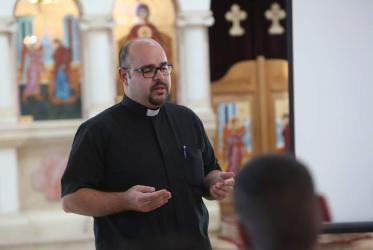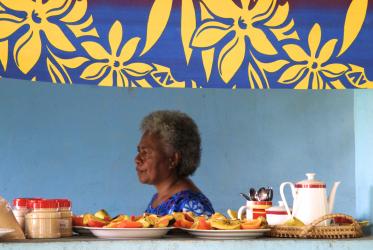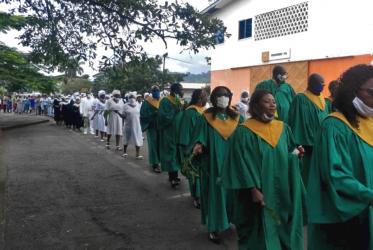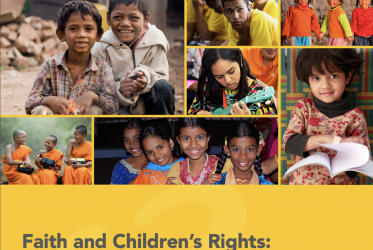Displaying 41 - 60 of 165
“Olive trees are holy signs of peace, older than anyone”
22 October 2020
WCC commemorates life of Rev. Tsutomu Shoji
02 September 2020
Freedom of religion rooted in justice
06 March 2020
New study illuminates children’s rights, hopes and burdens
19 November 2019
The cry of the Papuans in Indonesia
14 November 2019
Churches in southern Africa stand against violence, xenophobia
10 October 2019
WCC gravely concerned for West Papua
25 September 2019
Dr Saïd Ailabouni: God is on the side of rejected, oppressed, occupied
12 September 2019
‘European humanitarian corridor’ proposed
02 May 2019
Film recognized for highlighting human rights in DRC
18 April 2018












